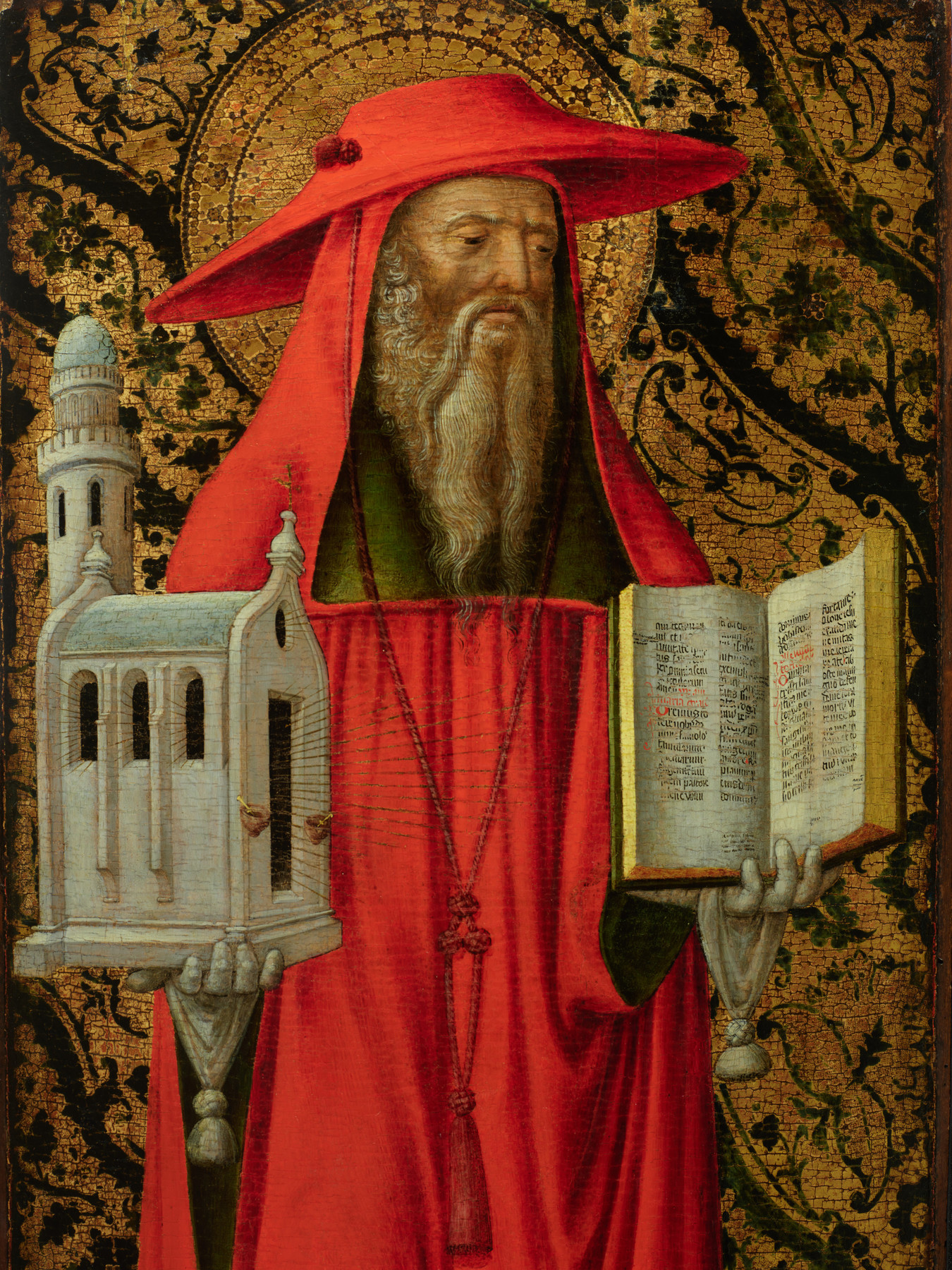Someone may ask, ‘How is justice greater than all the other virtues?’ The other virtues gratify the one who possesses them; justice does not give pleasure to the one possessing it, but instead pleases others.
St. Jerome
Early Life of Saint Jerome.
Saint Jerome, also known as Jerome of Stridon, was a renowned scholar, theologian, and doctor of the Church. Born around the year 347 AD in Stridon, which is now modern-day Croatia, Jerome’s life and contributions have left a lasting impact on Christianity.
Renowned for his translations of the Bible and his rigorous scholarship, Jerome played a pivotal role in preserving and disseminating the Scriptures during a crucial period in Church history. Jerome was born into a Christian family of modest means.
His parents provided him with a solid education, ensuring that he received instruction in grammar, rhetoric, and philosophy. Recognizing his intellectual gifts, they sent him to Rome to further his studies. In Rome, Jerome immersed himself in the classical literary world. He became proficient in Latin and Greek.
Saint Jerome: Travel and Study :

After completing his education, Jerome traveled extensively throughout Europe and Asia Minor, seeking knowledge and deepening his understanding of different cultures and languages. During his travels, he came into contact with various religious communities and began to explore different forms of Christian asceticism.
In the early 370s, Jerome traveled to Antioch, where he studied under renowned theologians and scholars. It was during this time that he experienced a profound spiritual conversion and dedicated himself to a life of asceticism and scholarship. He embraced a rigorous lifestyle, devoting himself to prayer, fasting, and study.
Scholar, Translator, Theologian:
Jerome’s reputation as a scholar and ascetic grew, and he soon became a sought-after advisor and teacher. His deep knowledge of Scripture and his ability to explain complex theological concepts made him highly respected among his peers. Many individuals sought his guidance, including women from noble Roman families who wished to lead ascetic lives.
His commentaries on books of the Bible, such as the Book of Isaiah, expounded on the scriptural text and provided valuable insights into its meaning. He also wrote treatises on various theological and moral issues, addressing topics such as virginity, monasticism, and the nature of the soul.
Jerome’s writings on asceticism and the spiritual life became influential, and he gained a reputation as a spiritual director.
Translation of Scripture: The Vulgate
One of Jerome’s most significant contributions to Christianity was his work on biblical translation. Recognizing the need for a standardized and accurate version of the Bible, Jerome embarked on the monumental task of translating the Scriptures into Latin. He began by revising the existing Latin translation, known as the Vetus Latina, but he soon realized the need for a fresh translation from the original Hebrew and Greek texts.

Jerome’s translation, known as the Vulgate, became the definitive Latin version of the Bible and remained the standard for over a millennium. His translation was not only accurate but also stylistically elegant, reflecting his mastery of the Latin language. Jerome’s commitment to producing a reliable and accessible translation of the Scriptures contributed significantly to the spread of Christianity and the dissemination of biblical knowledge.
Despite his scholarly achievements, Jerome’s life was not without controversy. His sharp tongue and confrontational nature often led to conflicts with other theologians and Church leaders. He engaged in heated debates on theological matters and was known for his scathing criticisms of his opponents. Jerome’s combative nature sometimes overshadowed his scholarly contributions, and he was not without detractors. In addition to his biblical translations, Jerome wrote extensively on a wide range of theological topics.
Legacy of Saint Jerome:
Jerome’s influence extended beyond his scholarly pursuits. He played a significant role in the development of monasticism, particularly in the West. His writings on the ascetic life and his personal example inspired many individuals to embrace the monastic vocation. Jerome’s encouragement and guidance were instrumental in the foundation of several monastic communities, and he became known as the patron saint of those seeking a life of asceticism.
Saint Jerome died on September 30, 420, leaving behind a rich legacy of biblical scholarship, theological writings, and spiritual guidance. His translations of the Bible, particularly the Vulgate, continue to be widely used in the Catholic Church. Jerome’s commitment to intellectual rigor, his mastery of languages, and his dedication to the Scriptures established him as one of the greatest scholars and theologians of his time. Through his life and works, Jerome exemplified the importance of a profound understanding of Scripture, the pursuit of knowledge, and the integration of prayer and study.


1 thought on “Saint Jerome – Scholar, Translator, Theologian, Doctor of the Church”